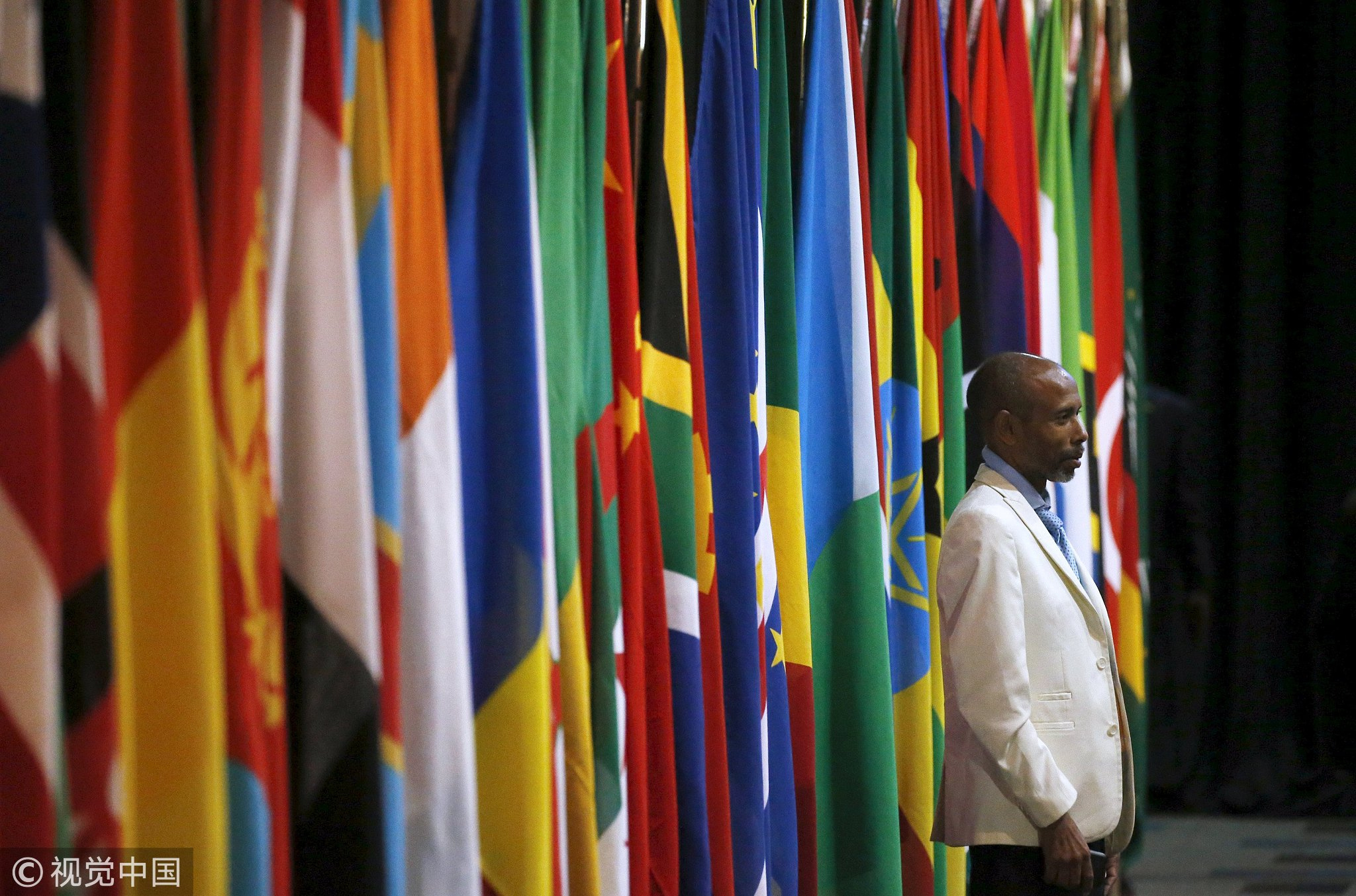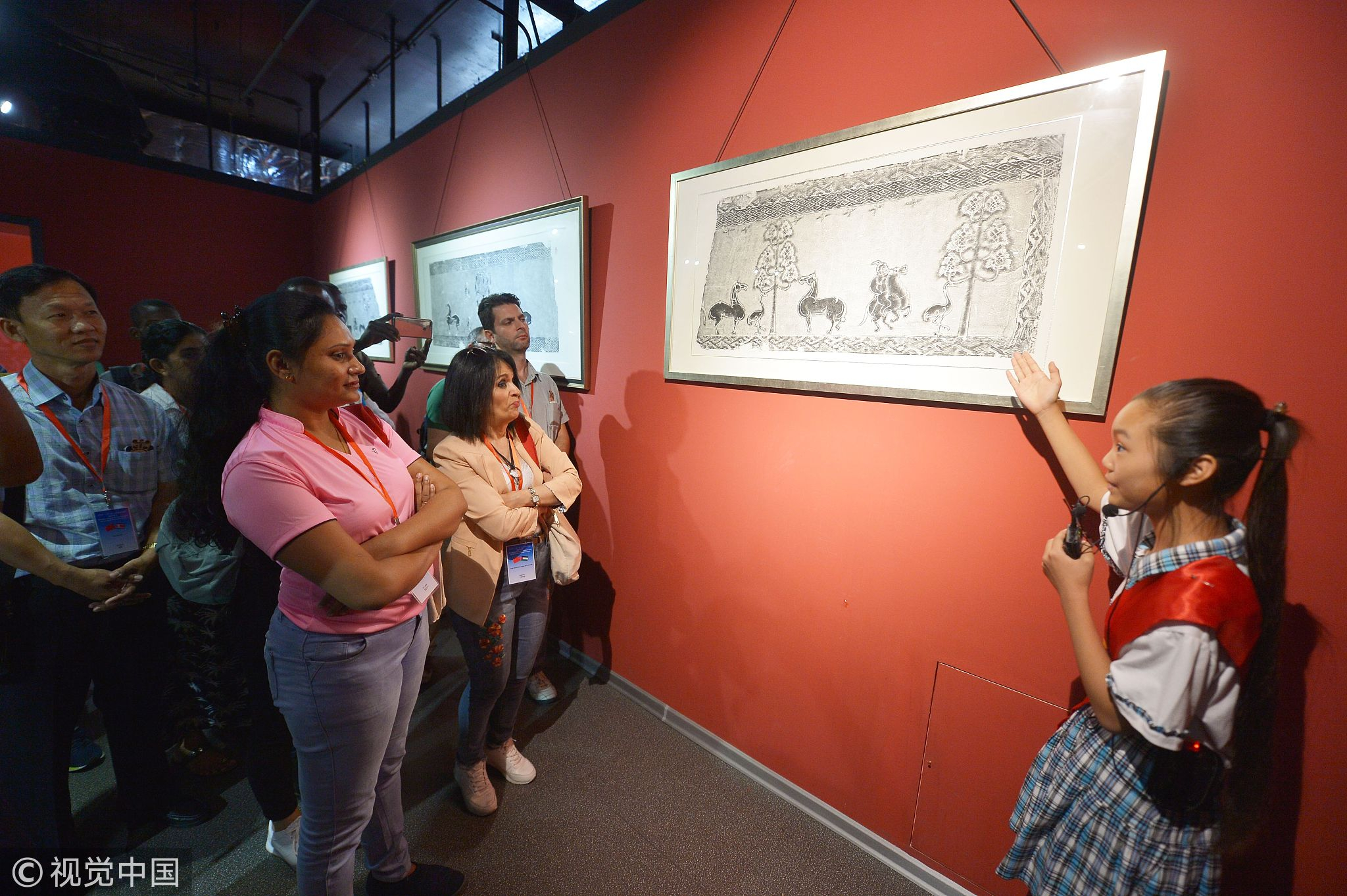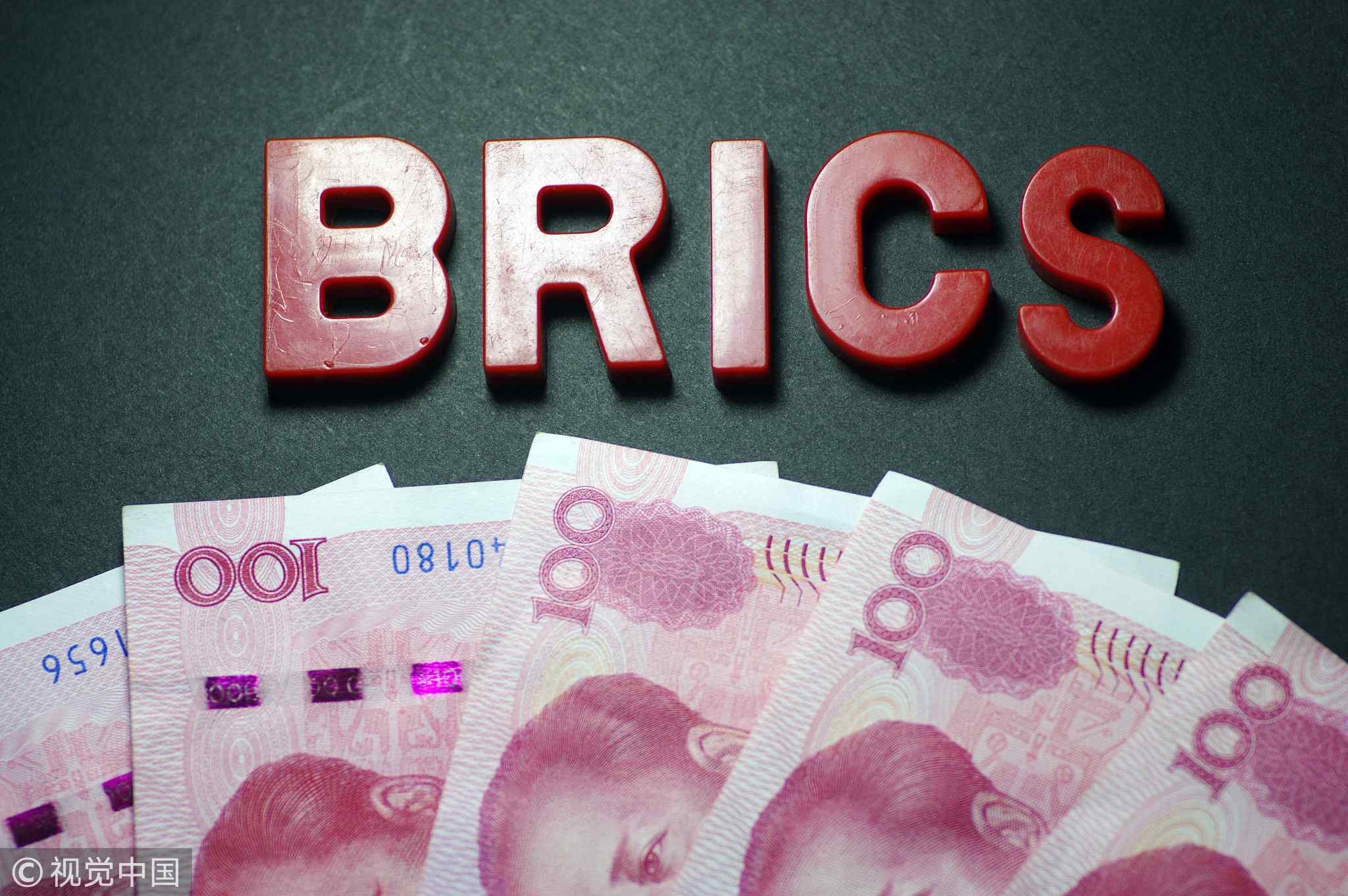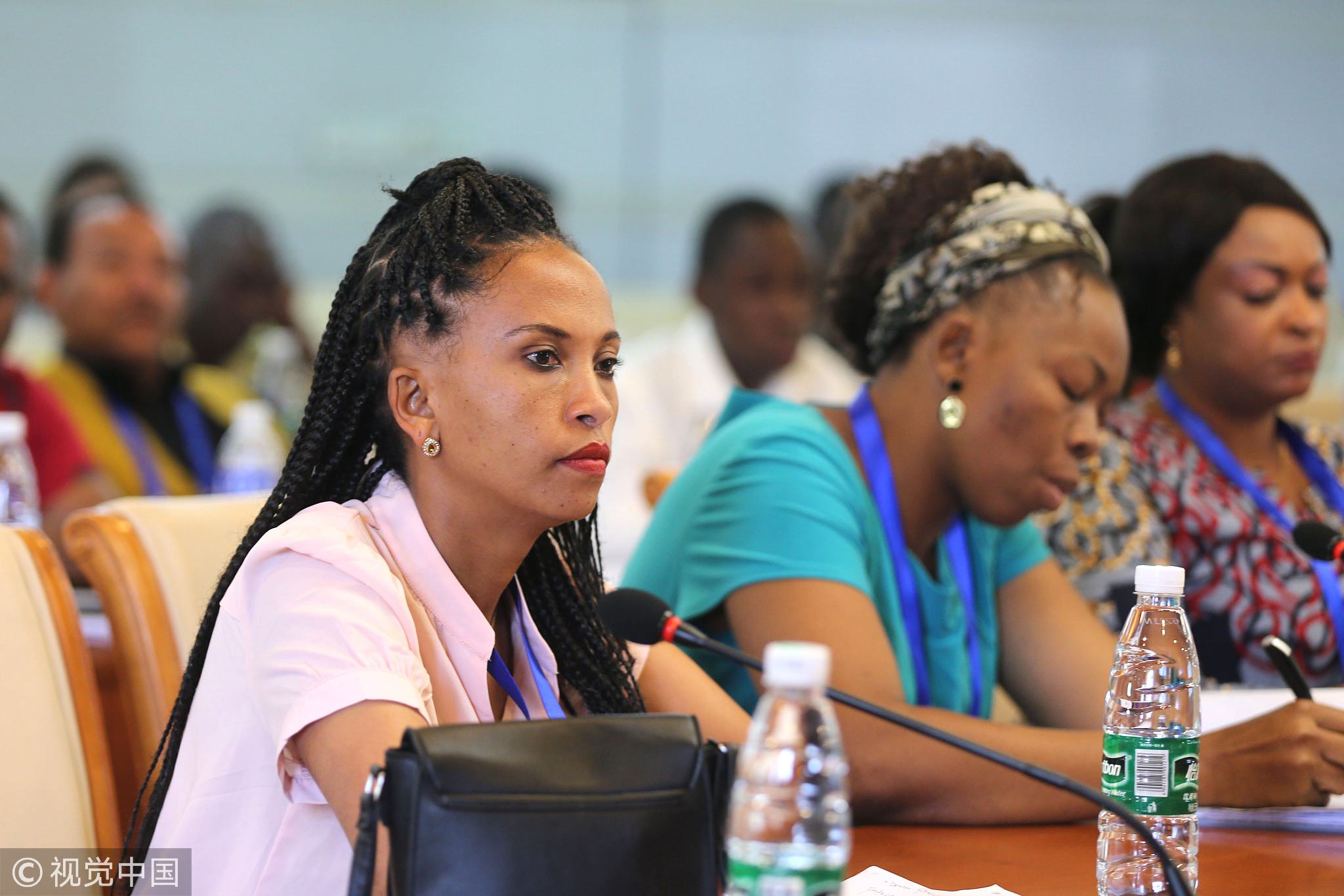
Opinions
12:39, 15-Aug-2018
Opinion: Africa urges for rapid development plan
Updated
12:25, 18-Aug-2018
Hisham AbuBakr Metwally

Editor’s note: Hisham AbuBakr Metwally is the first economist researcher at the Central Department for Export and Import Policy under the Egyptian Ministry of Foreign Trade and Industry. The article reflects the author's opinions, and not necessarily the views of CGTN.
The time has come for a plan to save Africa from poverty and hunger. Partial plans will no longer work. We need comprehensive ones.
Africa has suffered enough from backwardness and inferiority, domination and exploitation. Developed countries no longer bear the burden of the problems afflicting Africa, and there will be no peace, stability and global prosperity without Africa. It is time for a new modern Africa, which will create prosperity in the world.
The world apart from developing Africa also suffers from slowing growth, labor shortages, and tight markets. We need an ambitious, comprehensive plan that exploits areas of power on the African continent and addresses areas of vulnerability, real sustainable development based on advanced industrial and agricultural investment, a renaissance in all areas including "infrastructure, education, health, renewable energy, services" etc.
Hand in hand with the prepared countries from Africa with detailed plans, then within three or four years, these countries can pull out the other underdeveloped nations to the mainstream.

A visitor stands in front of flags representing different African countries during a Forum on China-Africa Cooperation in Sandton, Johannesburg, December 4, 2015. /VCG Photo.
A visitor stands in front of flags representing different African countries during a Forum on China-Africa Cooperation in Sandton, Johannesburg, December 4, 2015. /VCG Photo.
How has Europe developed after the end of World War II? Europe and Japan suffered from poverty and unemployment, and their governments could not find any solutions to the severe problems.
In June 1947, the former US Secretary of State George Marshall launched his initiative from Harvard University, where he had stressed the importance of supporting the European economy for political stability and peace in the world.
The European countries welcomed his initiative and submitted a comprehensive plan to the United States, which approved later by Congress and President Harry Truman in April 1948, called the "European Recovery Program."
The program took four years from 1948 to 1952, and America gave about 13 billion US dollars to European countries. Most of the funds were given as a donation while some of the funds were given as long-term loans. Through this massive project, the European countries gained their financial independence which hatched economic recovery.
Last July, Germany has used the same name "Marshall Plan." German development minister Gerd Mueller told the Handelsblatt newspaper that his country's determination to use public funds to support companies investing in Africa under a new Marshall plan to curb immigration.

A volunteer explains the origins of Han portrait bricks for the representatives of the “Belt and Road” countries in the Han Dynasty Portrait Brick Museum in Qingdao, July 7, 2018. /VCG Photo
A volunteer explains the origins of Han portrait bricks for the representatives of the “Belt and Road” countries in the Han Dynasty Portrait Brick Museum in Qingdao, July 7, 2018. /VCG Photo
He also aims to reapply a program dating back to the 1980s that had made it easier for companies to write off investment losses in Africa to reduce the risk of initial investments. "I will also ask for specific terms for African investments to obtain more favorable tax treatment," he added.
Berlin hopes that the "Marshall Plan for Africa" will address the cause of the refugee crisis. But as a matter of fact, it's not comparable with the real Marshall Plan, since it's very limited and not enough to make any visible results on the African economic reform.
Africa faces many political issues such as the existence of some undemocratic regimes and many civil wars. Economic issues such as short of investment, infrastructure, ecological as well as health challenges such as malaria and the AIDS/HIV epidemic.
In 2013, Chinese President Xi Jinping set out the Belt and Road Initiative, aiming to link the Chinese dream to the global dream.
Belt and Road is a massive trade and infrastructure project that will link China physically and financially to dozens of economies across Asia, Europe and Africa. Ten of the African countries had joined the initiative, and a lot of infrastructure projects have been established already, and more are underway.

VCG Photo.
VCG Photo.
In December 2015, President Xi announced ten major China-Africa cooperation plans, covering the areas of industrialization, agricultural modernization, infrastructure, financial services, etc. Xi also announced China would offer 60 billion US dollars of funding support.
Regarding Sino-Africa trade cooperation, it has rapidly increased, and the trade value had amounted to 170 billion US dollars in 2017. Meanwhile, Chinese imports from Africa have grown with a value of 75.3 billion US dollars, up 33 percent year-on-year.
China’s exports to Africa registered 94.7 billion US dollars, up 3 percent year-on-year. China's investment in African countries is about 100 billion US dollars.
"The next decade will be a crucial one in which new global growth drivers will take the place of old ones,” President Xi said in his speech during the last BRICS Summit.

Kenyan media reporters and heads of well-known online media in African countries visited Guangming Daily. / VCG Photo.
Kenyan media reporters and heads of well-known online media in African countries visited Guangming Daily. / VCG Photo.
“A new round of revolution and transformation in science, technology, and industries featuring artificial intelligence, big data, quantum information and biotechnology are gaining momentum.
“They are giving birth to a large number of new industries and business forms and models and will fundamentally change global development and people's work and lives,” Xi said.
We had seen the UK invested in the US before it became the US. Then the US invested back into Europe and Japan, following another investment in East Asian countries. Later, all of them invested in China.
Now it's China's turn to invest in Africa. Africa has more development potential than any other region in the world.
On one side, China could help Africa develop, and on the other side, Africa will import massive Chinese products, such as the equipment – ending up with a win-win cooperation for all.
The Belt and Road is moving in the right direction, but it cannot cover all the required developing sectors in the continent. This is a historical chance for China and Africa to build an unbreakable relationship as lifelong allies.

SITEMAP
Copyright © 2018 CGTN. Beijing ICP prepared NO.16065310-3
Copyright © 2018 CGTN. Beijing ICP prepared NO.16065310-3